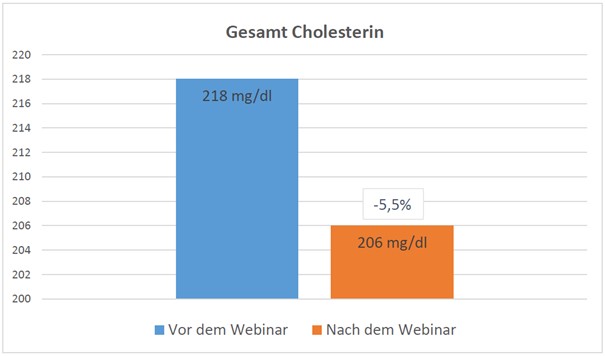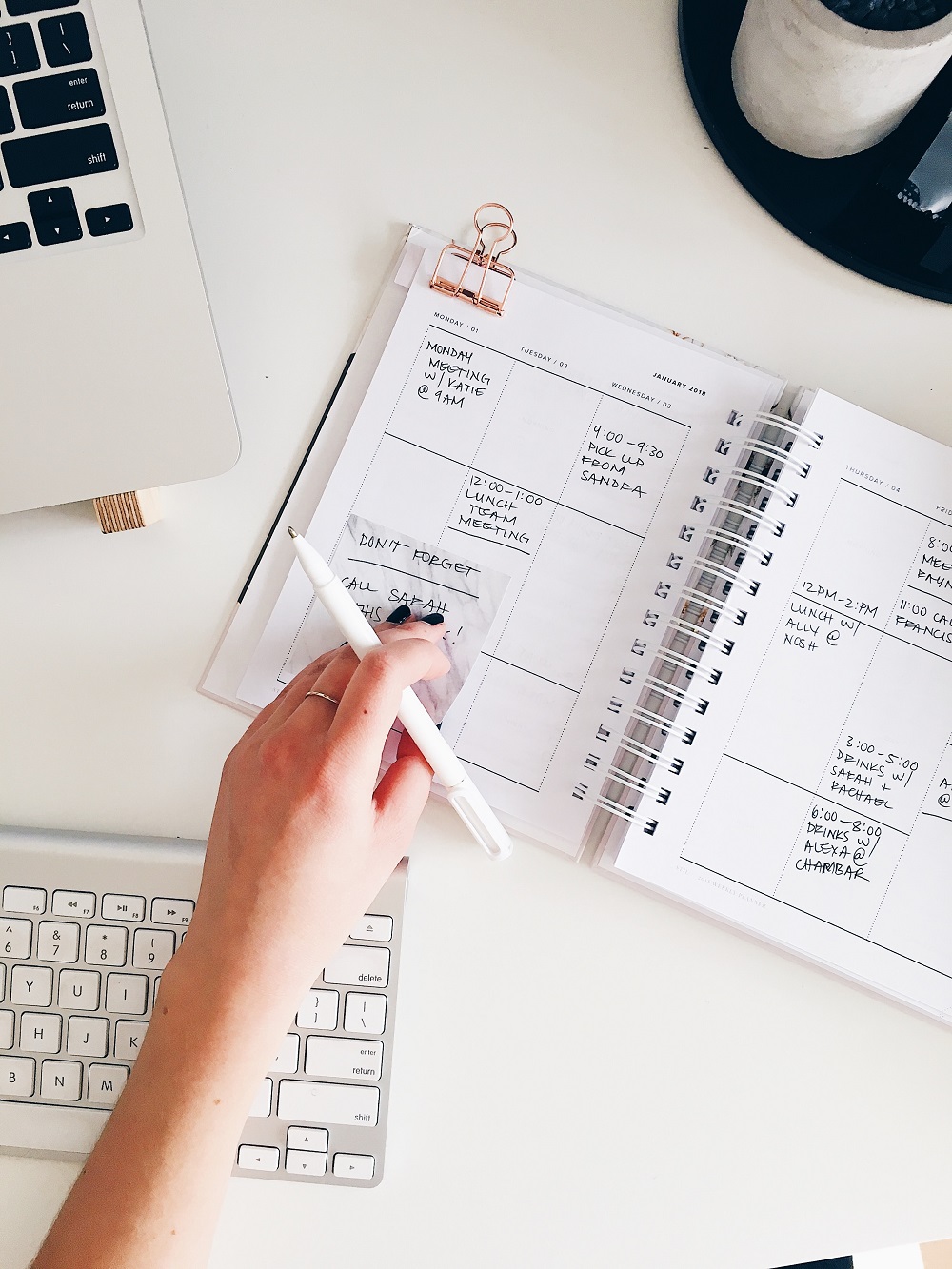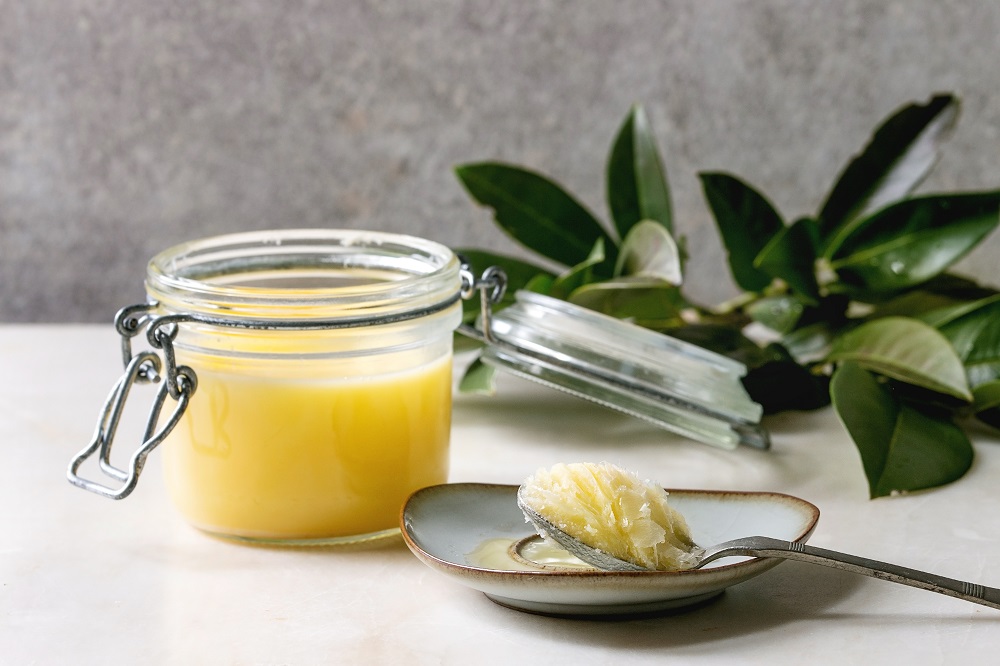Ayurvedic tips for a healthy heart and balanced emotions
Love is the strongest emotion we can experience as human beings. The heart is the symbol of love. From the Ayurvedic point of view, the heart consists of 2 components: the "physical heart", the muscular mass that ceaselessly pumps blood and vital substances through our circulation, and the "emotional heart", which experiences love, joy, sadness and all other human emotions.
Heart muscle - Avalambaka Kapha
For the heart to pump strongly and perform daily, it needs the support of Kapha. When Kapha is in balance, the heart beats strongly, calmly and regularly. Top physical performance in work and sport can be achieved effortlessly. If Kapha is imbalanced, this strength is lacking. At the beginning of an Avalambaka Kapha imbalance, one feels tiredness and lack of drive. If the imbalance persists for a longer period of time, organic disorders occur with water retention and shortness of breath.
Emotional heart - Sadhaka Pitta
When Pitta is in balance, we can fully enjoy our emotions without being overshadowed by them. Too much pitta leads to excessive passion and emotions that dominate us. Anger, jealousy, excessive emotions, dependence on stimulants and excessive ambition are common symptoms when Sadhaka Pitta is not in balance.
Ojas - link between body and emotions
In the classical texts, the heart is described as the headquarters of ojas. This finest substance that our body can produce holds mind and body, body and soul, heart muscle and emotions together. Knowing that ojas has its headquarters in the heart, it also becomes clear why it is important to take care of the heart so that it remains healthy and enables us to live a long life. Ojas is the end product when the food we take in is refined more and more by a well-functioning digestive system. The more ojas we can produce, the better the connection between mind and body, between avalambaka kapha (heart power) and sadhaka pitta (emotions) works. Lack of ojas weakens the physical power of the heart and also upsets the emotions. Ojas is overused especially when we constantly overwork ourselves - at work, in sports, in more or less necessary commitments. This can lead to physical diseases of the heart. Typical is the heart attack in the best years of life. When ojas are depleted and missing, emotions are also in the basement - exhaustion, depression and mood swings are the result.
5 rules for a strong heart and balanced emotions
-
Regularity in the daily routine
The heart is a rhythmically working organ. Regularity in the daily routine has a positive effect on the heart rhythm, irregularities have a negative effect and can lead to cardiac arrhythmias. Irregularities in sleeping habits, such as working nights or missing sleep before midnight, have a particularly unfavourable effect. Those who have to work night shifts should definitely pay special attention to rest and regularity on the other days. Early to bed and early to rise is a heart-healthy life motto according to Ayurveda! Irregular meals or main meals at the wrong time of day also affect heart strength and emotions. The recommendation is: main meal at noon, avoid meals between 19:30 and 6:00.
-
Light fresh food
Ayurveda and modern medicine agree on this: too heavy, too fatty a diet puts a strain on the heart and can lead to clogged blood vessels (heart attack, stroke). Freshly cooked and seasonally adapted food is best. Ojas can only occur if the food can be digested completely. For this, we need breaks between meals. A strong feeling of hunger gives us the valid signal for the next meal. According to Ayurveda, fats in food are important to make us feel full and satisfied. A fat-free diet, as is often recommended for heart patients in modern medicine, is not beneficial to health from an Ayurvedic perspective. In this context, we would like to emphasise the value of Ghee and highly unsaturated fatty acids (contained in linseed oil, hemp oil, algae oil or fish oil). They provide heart strength and stable emotions.
-
The right dose of exercise
Only those who get enough exercise can keep the heart healthy into old age. Exercise activates the circulatory system and helps us deal with the stress we build up in everyday life. Do you know the difference between a torrent and a pond? The water in ponds is murky, streaky and musty. In a torrent, on the other hand, the water is clear, fresh, transparent and vital. Ponds and torrents contain the same water. But only as long as it is in motion does it remain pure. If it stagnates, it becomes overgrown with moss, algae and germs. Our body consists of 65 - 70 % water. If you don't move, you promote slagging and overgrowth of the body with excretory substances, which are called Ama in Ayurveda. Exercise is an important means of ridding the body of waste products and keeping the blood vessels open. The best effect on health is exercise in which we do not overexert ourselves. The measure of this is that during physical activity nasal breathing is sufficient and the heart rate is not increased excessively.
-
Regular purification
According to the classical Ayurvedic texts, only those who regularly eliminate waste products through purification procedures (Panchakarma) maintain a healthy mind and body. Although purification is a physical process, participants of Ayurvedic detox cures report how much their emotions are balanced by the physical cleansing. In a pilot study in our practice we were able to show that detoxification significantly reduced the risk factors for cardiovascular disease. Good cholesterol levels, normal blood pressure and balanced emotions can be achieved with short cleansing cures at home, and even more so with stationary Panchakarma cures, , at soma - the new centre for Maharishi Ayurveda and holistic medicine.
-
Listening to the heart - working through burdensome issues
"One only sees well with the heart" says the Little Prince by Antoine de Saint-Exupéry. We do not recognise deep truths by thinking, but spontaneously in the depth of our heart. Our mind-body system works like this: what is good for us is good. Everything that makes us feel good and content is good for us. Unfortunately, we have forgotten to listen to this important impulse in our heart. In order to achieve our goals in life, it is crucial that we learn more and more to feel what is good in our inner being and to live it. This applies to all areas of life: Work, family, leisure, nutrition... One of the best tools to train the sensitivity of the heart is meditation. From our own many years of experience and on the basis of countless scientific studies, we recommend the regular practice of Transcendental Meditation. This simple exercise helps to become more and more aware of the subtlest impulses of the heart.
Summary
According to Ayurveda, our heart consists of a physical aspect (heart muscle, Avalambaka Kapha) and a mental aspect (emotions, Sadhaka Pitta). A healthy heart, essential for performance and longevity, is nourished and kept vital by ojas. In a stressful time like today, it is necessary to take care of heart health. Regular daily routine, fresh food at the right time, regular and moderate exercise, Ayurvedic cleansing cures (out-patient, webinar or in-patient at soma) and (Transcendental) Meditation are important aids for a permanently healthy heart and balanced emotions. Read here which tests we use in our practice to analyse your heart health or cardiovascular risk. 



Mag. Ulrike Wasner schrieb am 06.08.2022
Schöne Zusammenfassung mit physischen und geistigen Aspekten!
soma med Team schrieb am 06.08.2022
Danke!